A new book to help you write the hard stories
While many of my clients come to me wanting to undertake personal history interviews to capture their stories, others endeavor to write their stories themselves—with a little help. In those instances, I act as a memoir coach, meeting them at whatever stage they are currently at by providing guidance, support, and editing. When their stories delve into traumatic experiences from their past, we inevitably have to slow things down and focus as much on self-care as on the writing. That often comes as a surprise to them.
Writing hard stories is…well, hard. But as Megan Febuary puts forth in her new book, Brave the Page (Baker Books, June 2025), doing so may also bring healing and wholeness.
Inside “Brave the Page”
In Brave the Page, Febuary shares more than once that “story healing,” as she calls it, has nothing to do with being a writer—rather, “it is about paying attention to the stories within and digging into the deep questions that our stories ask of us.” Sound scary? It can—and perhaps, should—be: Going deep and writing about trauma will inevitably make one feel some of that trauma again; as the title of her book suggests, you’ll need to be brave.
What Febuary offers up in this book is a whole lot of support. That support takes the form of:
inspiring personal stories
research-driven approaches to self-care and trauma-focused writing
gentle encouragement (including a mantra at the beginning of each chapter)
and plenty of guidance (the writing prompts are generative and clear, and will certainly get your pen moving across the page).
There are moments in the book where, if you haven’t been in therapy, you may feel thrown by some of the psychology jargon (attachment styles, inner child healing, trauma responses)—but don’t be put off by this. In every instance that the author describes the rationale behind her approach to story healing, she (a) footnotes her references if you’d like to dig further; and (b) perhaps more importantly, describes how these concepts have played out in her own life and writing. There is an autobiographical bent to the book that lays the foundation for all the guidance and writing prompts that follow.
Are you ready to write about your trauma?
Febuary is deeply knowledgable about writing about trauma. She has journaled since her youth and braved the page quite literally when she began putting words to her shame around a childhood diagnosis of scleroderma, and later to abuse she suffered as a girl and sexual violence as an adult. She earned her master’s degree at a school that specialized in narrative-focused trauma care, and she “researched the body as storyteller, learning how it becomes the gatekeeper for the stories too tender to address until we are emotionally available for them.”
Brave the Page, I hope, will help you know when you are emotionally available for your own hard stories, as well as how to support yourself and heal while doing so. It will teach you how to be a “compassionate witness to your life” and to feel safe while doing the tender work of probing your memories.
Do you feel like you need permission to write about your challenges? Permission to put words to your feelings of shame? Permission to claim your story as your own? Permission to go slow—to unbury memories that have been long hidden, but at your own pace? You’ll find all that permission and more here.
Your story is not finished. It is ever-evolving, and writing about it, Febuary describes, is a “spiritual progression.”
And you must keep at it, even when it feels hard. “This work of using our voices,” she writes, “is a muscle we must train, and it becomes stronger each time we do it.”
Megan Febuary and I are in agreement: Writing through your trauma will be hard—but it will also be transformational. I recommend picking up a copy of her book to be your companion on your personal story healing journey. And she hopes that your copy will be well-loved and visibly used: “May [it] be dog-eared and highlighted, may its pages be torn out and posted as reminders, and may its edges be filled with your own brave reflections.” Mine is.
So, go forth and find your voice…and be gentle with yourself on the way ❤️

P.S. If something about this post stirred you, but you don’t feel quite ready to “brave the page,” I implore you to buy the book anyway. In my opinion, YOU are exactly who this book is for. Let it sit on your bedside table for a year if you must. Once you dip into it, those stirrings will become stronger, and so will your resolve to give voice to your memories and to put pen to paper. Let Megan Febuary plant the seeds; you will sow them when you are ready.
Note: This is an unsolicited review of a book I purchased at full price. I did not receive any compensation or free products in exchange, and any endorsements within this post are my own.
The three most common excuses I hear for not writing about your life “yet,” and how—and why—to overcome them. It’s not too soon for your memoir, I promise.
Discover how (and why) bending certain grammar rules in memoir and life story writing can enhance voice, rhythm, and authenticity in your storytelling.
Even the most seasoned writer sometimes feels hopeless when they sit down to write and nothing comes. Here, 7 helpful resources for budding memoirists.
Four steps to help you turn spoken stories into engaging written narratives—so once the family history interview is done, you can create a lasting legacy.
Brave the Page by trauma-informed writing coach Megan Febuary shares how to probe memories, write about your hard experiences, and find healing.
You start out with excitement and fervor—blank pages are feverishly filled with stories about your life. But what can you do when your memoir momentum wanes?
By holding as your goal the idea of ‘writing your memoir,’ you are focused too soon on the end goal. Instead, think about writing towards your memoir.
Are you nervous about undertaking a life story project? Working with a personal historian or memoir coach can help alleviate many of the most common fears.
Is there ever really a ‘right’ time to start writing your memoir? There’s not, in my opinion, but here are two questions to ask yourself to help you decide.
Writer’s block can happen to the best of us. This simple idea—keeping a notebook of self-generated writing prompts—will keep your memoir ideas flowing.
Looking for a meaningful gift for your parents? An annual subscription to our Write Your Life memory and writing prompts may be just the thing—or, maybe not.
Learn about our Write Your Life course, providing memory prompts, writing guidance and a dose of inspiration to anyone who wants to preserve their stories now.
Here’s one time I gave in to my client’s preferences that still haunts me: Why we did not identify people in any of the photos in their family history book.
While your memoir is telling your stories in your words, a family tree chart outlining your relationships has a real place in that book—here’s why.
The first draft of your life story is likely to include some stuff you decide to cut later—but should none of your challenges make it into your final book?
Good writing prompts will rid you of blank-page anxiety—and you can easily write your own! Here, 5 steps to drafting a library of personalized memoir prompts.
While a journal called “Memories from Mom” or “Grandma’s Life Story” may be brimming with good intentions, the fact is that most of them remain mostly blank.
While all five of these books add value to any memoirist or life writer’s library, I’ve identified which is best for you based on your goals and experience.
A love letter (or book!) overflowing with memories makes a thoughtful anniversary gift. Here, 14 writing prompts to help you honor—and surprise—your partner.
Wondering if 52 weeks of memory prompts will help YOU write about your life at last? Here, answers to the most commonly asked questions about Write Your Life.
Every week you’ll get themed prompts to stir your memories, tips to write your stories with ease, and more! A unique gift for your loved one (or yourself)!
Sometimes all it takes to get unstuck with your personal writing is paying attention. Here are some easy (fun) ways to come up with journal writing prompts.
Ready to edit your family history or life story book? Follow these three tips from a personal historian to ensure everything is clear for your descendants.
This new book by Ruta Sepetys, You: The Story, is a great tool for those who want to use their own life experiences to inform their fiction writing.
Have you ever thought about what will happen to your diaries—who will read them, how you may one day use them? Join me as I consider this profound question.
Photos that have no captions will leave readers of your heirloom book guessing. Make sure to write captions that either tell a story or provide vital details.
Smells (such as of Mom’s perfume or Grandpa’s grease-stained clothes) and sounds—especially music—can trigger long-buried memories helpful for writing memoir.
Why leave your legacy in the hands of someone else? Try your hand at writing your own obituary with these tips—it just may be the start of your mini memoir.
Don’t let all those memory-keeping ideas swirling around your head overwhelm you. Instead, take some time to hone in on which stories to tell first—here's how.
Brave the Page by trauma-informed writing coach Megan Febuary shares how to probe memories, write about your hard experiences, and find healing.
Looking for a meaningful gift for your parents? An annual subscription to our Write Your Life memory and writing prompts may be just the thing—or, maybe not.
What better way to scope out if a personal historian is a good fit for you than to hear about others’ experiences, in their own words? I am humbled and proud.
Shana Novak photographed 100 personal keepsakes and shares the heartfelt stories behind each in her beautiful new coffee table book, “The Heirloomist.”
While all five of these books add value to any memoirist or life writer’s library, I’ve identified which is best for you based on your goals and experience.
These three titles—two hybrid cookbooks and one genealogical look at preserving food memories—dish up lots of inspiration for making your own family cookbook.
This new book by Ruta Sepetys, You: The Story, is a great tool for those who want to use their own life experiences to inform their fiction writing.
Ethical wills—also called legacy letters—are great ways to pass on values and life lessons to your descendants. These two books will help you create your own.
“Survivors: Faces of the Holocaust” will be on display in New York City until the summer of 2023—here’s why you should see the exhibit's powerful photographs.
This small yet dense self-published book comprises nine essays in which writer Sara Mansfield Taber aims to answer “the questions that plague the memoirist.”
Favorite food memoirs that deliciously incorporate recipes and sense memories—fine examples of how you, too, can weave a personal narrative inspired by food.
Here are my top picks for RootsTech 2022 sessions teaching about family storytelling and photo legacy. They’re all free, and you've got a year to watch!
Personal historian Dawn Roode of Modern Heirloom Books lists her most anticipated books of 2022 for fans of memoir and the craft of writing. Mark your faves!
Memoirs by Sarah Manguso, Beth Ann Fennelly, and Beth Kephart each weave together short narratives to create evocative, textured self-portraits of the writers.
Ever wonder what it might be like to work together on your OWN heirloom book project? Listen to past clients' feedback—and words of thanks!—to get inspired.
If writing about your life isn't for you, how about drawing it? Ideas for using a sketch journal to capture your memories, plus the book that will inspire you.
Introducing the two-word writing prompt guaranteed to keep your memories and your pen flowing, plus the book by Joe Brainard that inspired it: “I remember...”.
Meet the story- and food-loving host behind the inspiring podcast The Storied Recipe, then click on a few of my favorite episodes for a taste of her interviews.
Bruce Feiler's latest book, Life Is in the Transitions, offers up a helpful toolkit for dealing with life's curveballs through a lens of storytelling.
Memoir reading suggestions to inspire your own vignette-style life story writing, from Annie Dillard and Kelly Corrigan to Robert Fulghum and Sandra Cisneros.
Each of these powerful podcasts comes in at under an hour: Listening recommendations on memoir, narrative structure, family secrets, writing prompts, and more.
RootsTech 2019 offers opportunities for accessing the family history conference from home. Highlights, and how to get the most from your virtual experience.
Watch the 2012 film Stories We Tell as much for the dramatic exploration of one family's narrative as for the questions it raises about the malleability of truth.
In his 1996 documentary Nobody’s Business, Alan Berliner interviews his father about family history. The result is a poignant study of the nature of memory.
Podcast recommendations for life storytellers, creative entrepreneurs, oral historians, and anyone who loves a captivating first person story.
Humans of New York creator reveals his insights on why people open up—and it’s not the questions. How being 100 percent present invites honest storytelling.
Under One Roof at NYC’s Tenement Museum is a must-see exhibit: First person testimony (and authentic furnishings) bring 3 families’ immigrant experiences to life.
In Tell the Truth, Beth Kephart offers up a wonderfully original series of memoir-writing prompts that encourage self-reflection & striving toward the universal.
While there are lots of lists of family history questions on the web, here are 3 places to find unexpected questions that lead to meaningful life story writing.
The new Google PhotoScan app allows users to digitally capture their old family photos with ease—and without glare. While the app isn't ideal for scanning high-resolution images for use in print, it has enormous value in quickly and effectively scanning those precious boxes of old family photos you—and your extended family members—have lying around your homes. See why it's a recommended download.

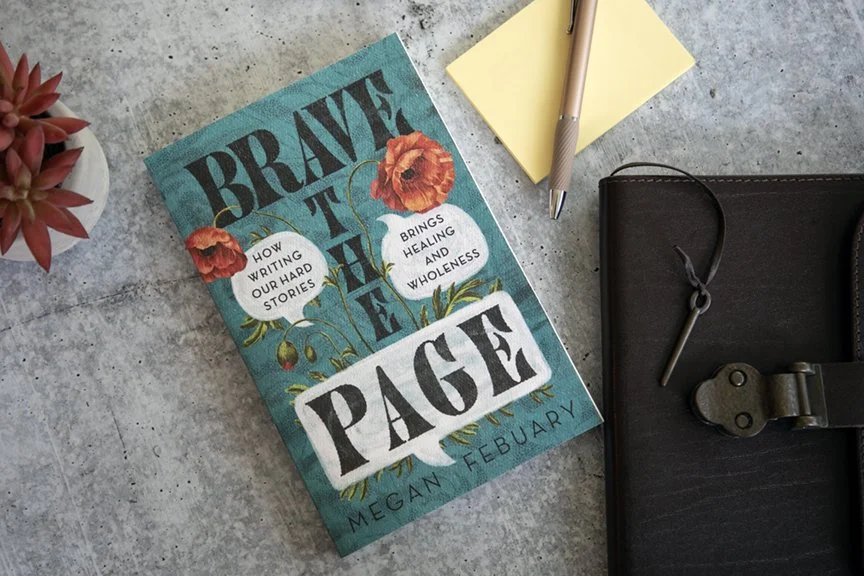










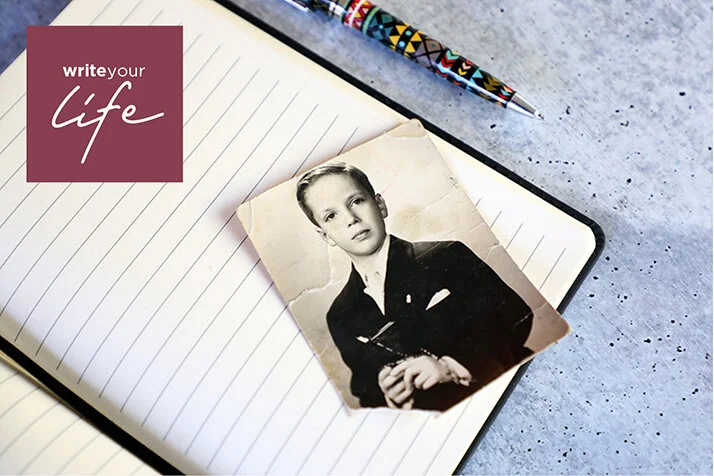





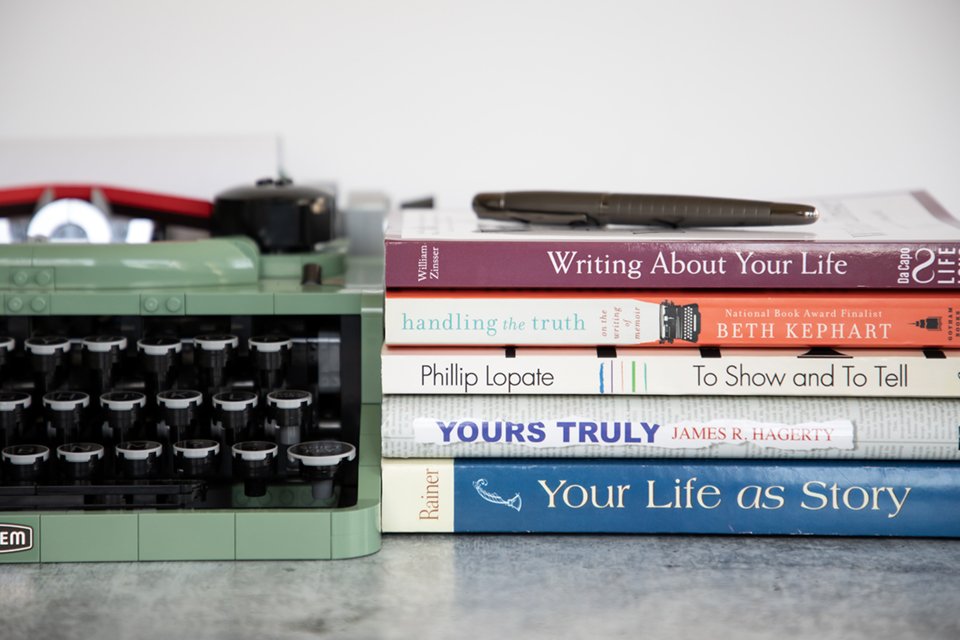



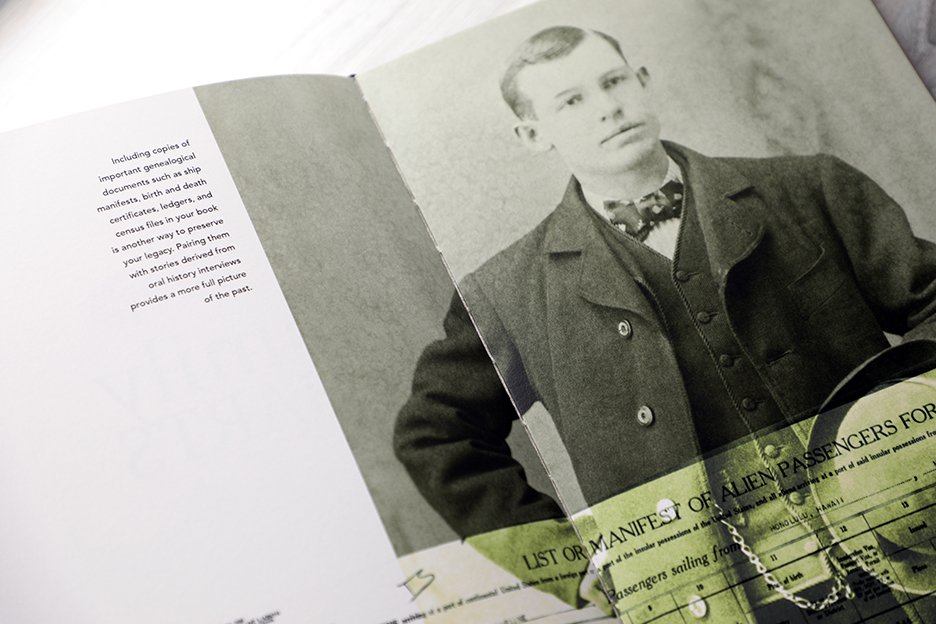




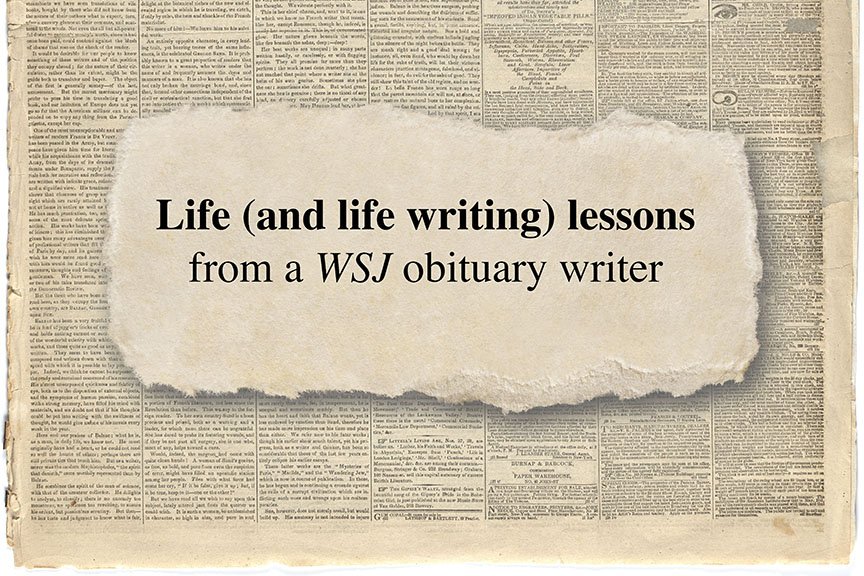







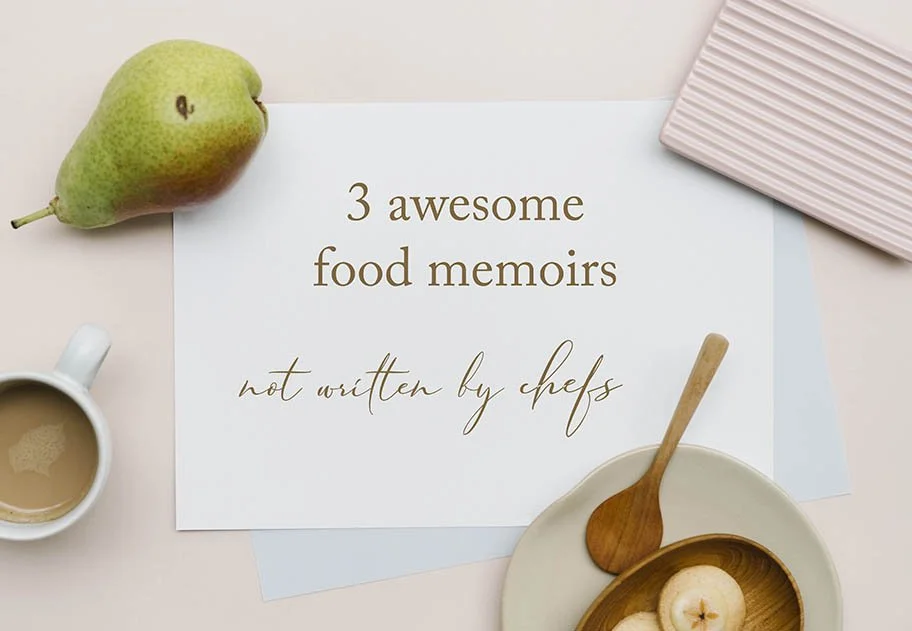

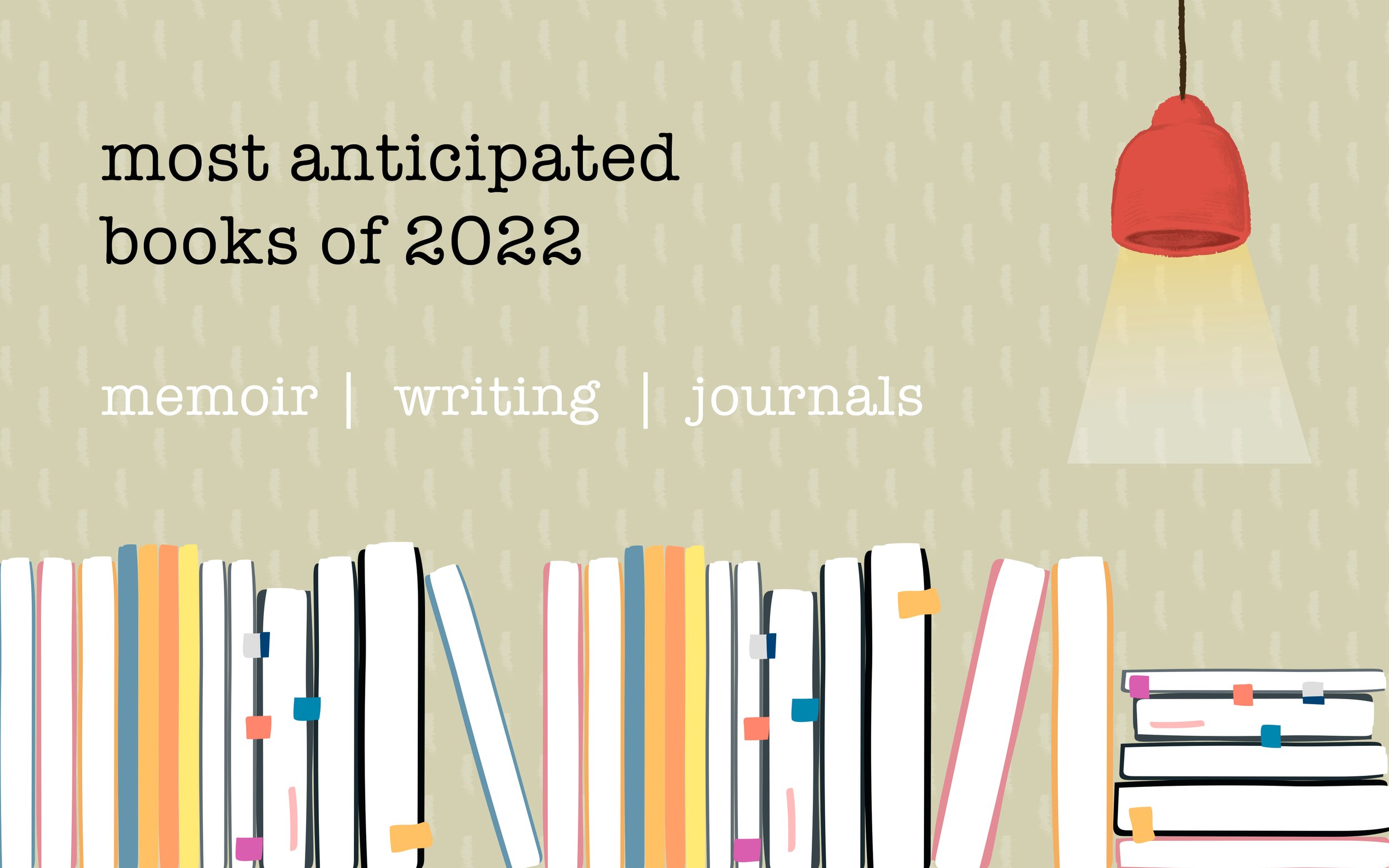
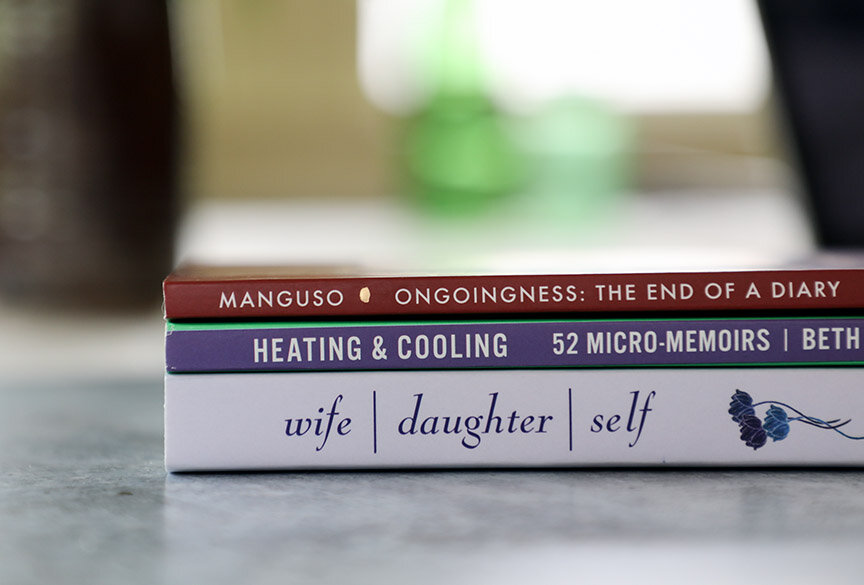

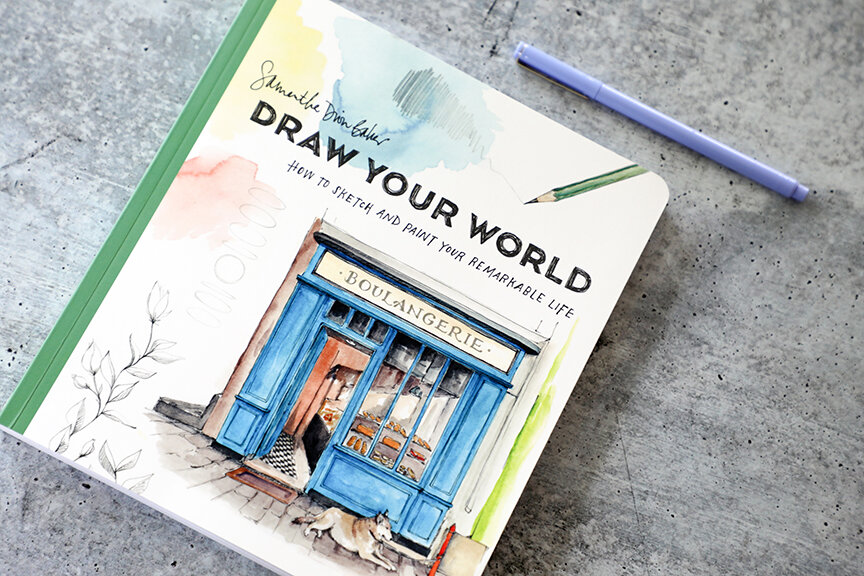



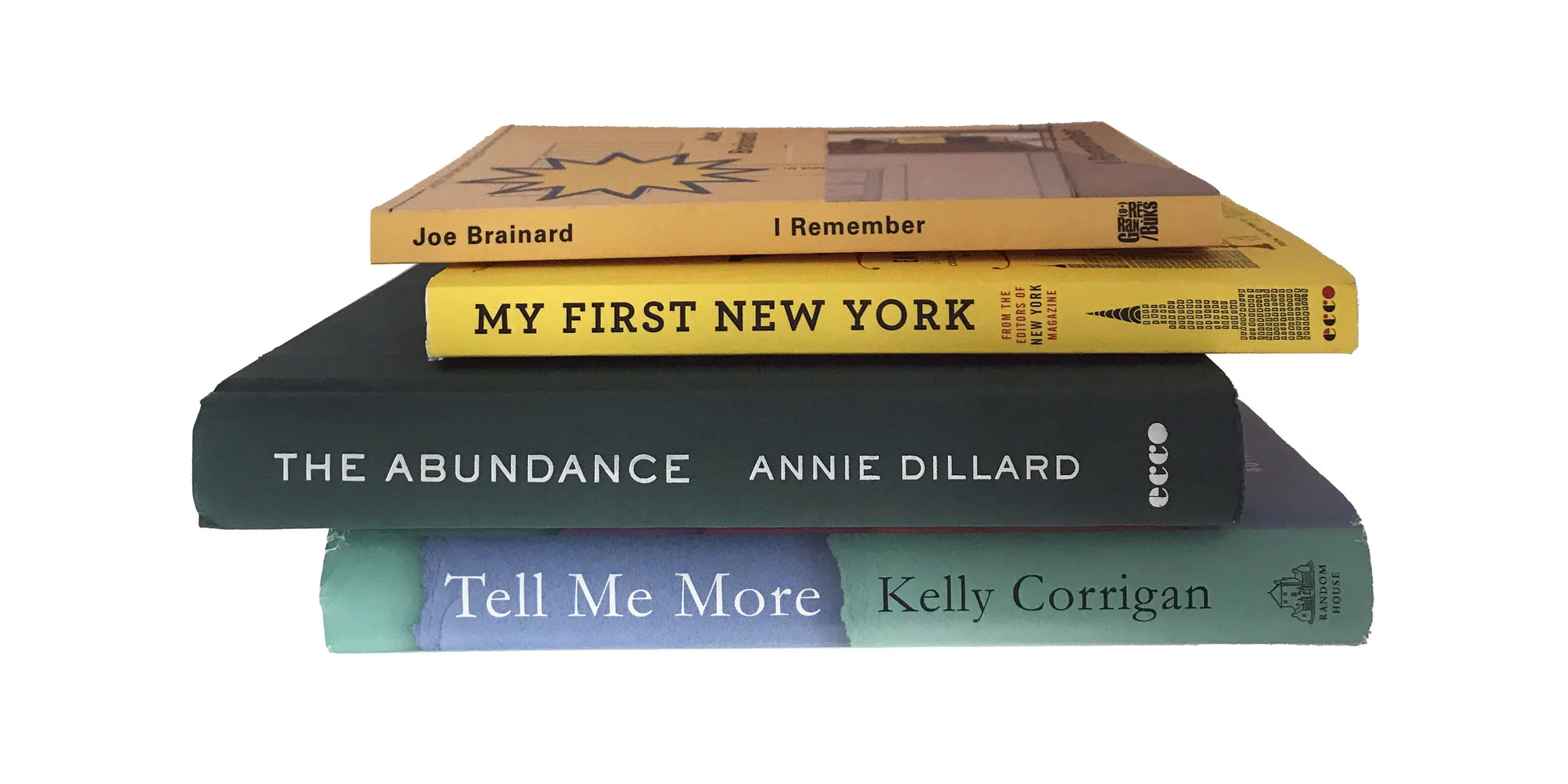





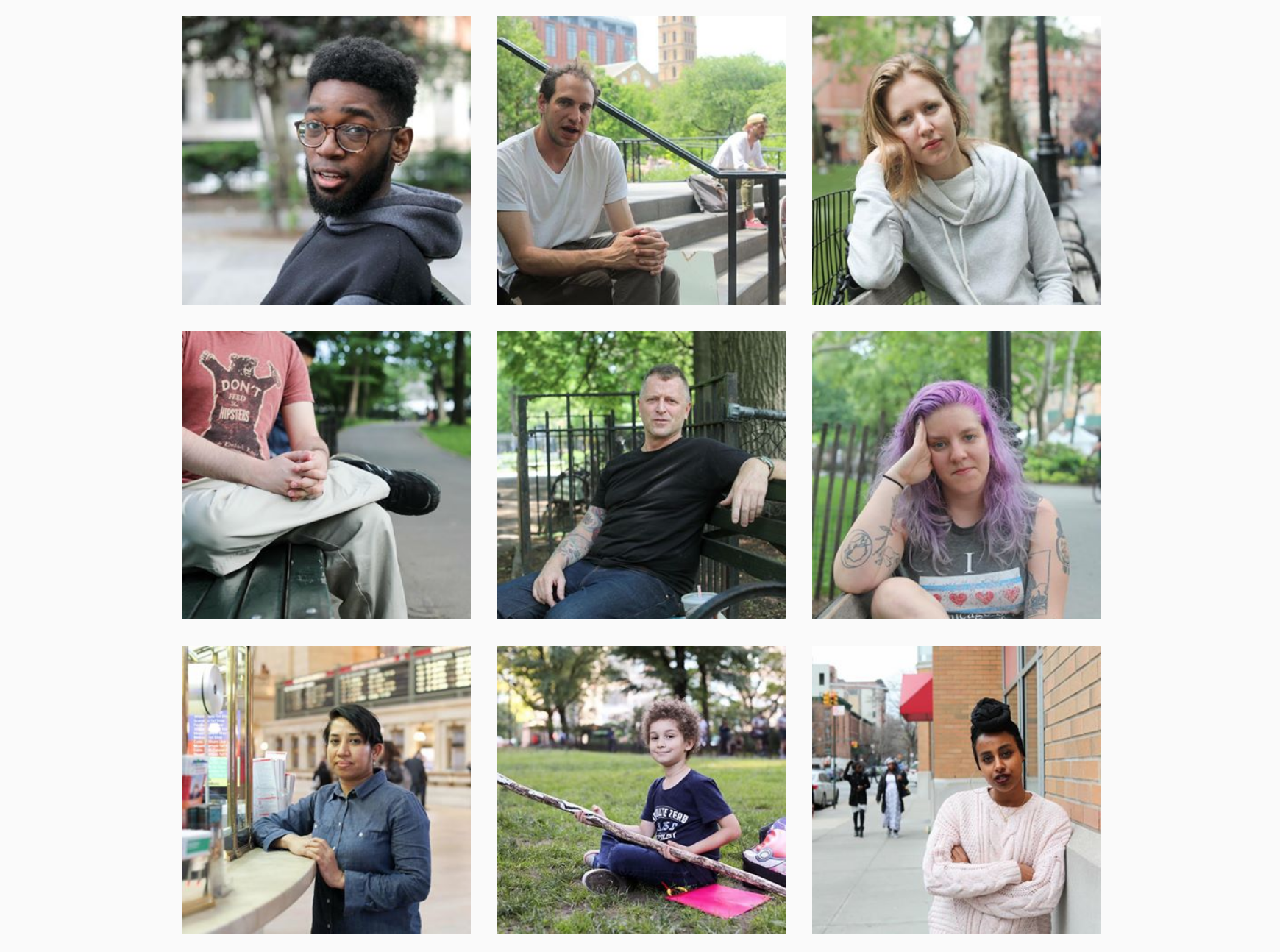




Go beyond labels with this powerful memoir prompt: introduce yourself without name, job, or age. Includes writing tips and a free downloadable worksheet.